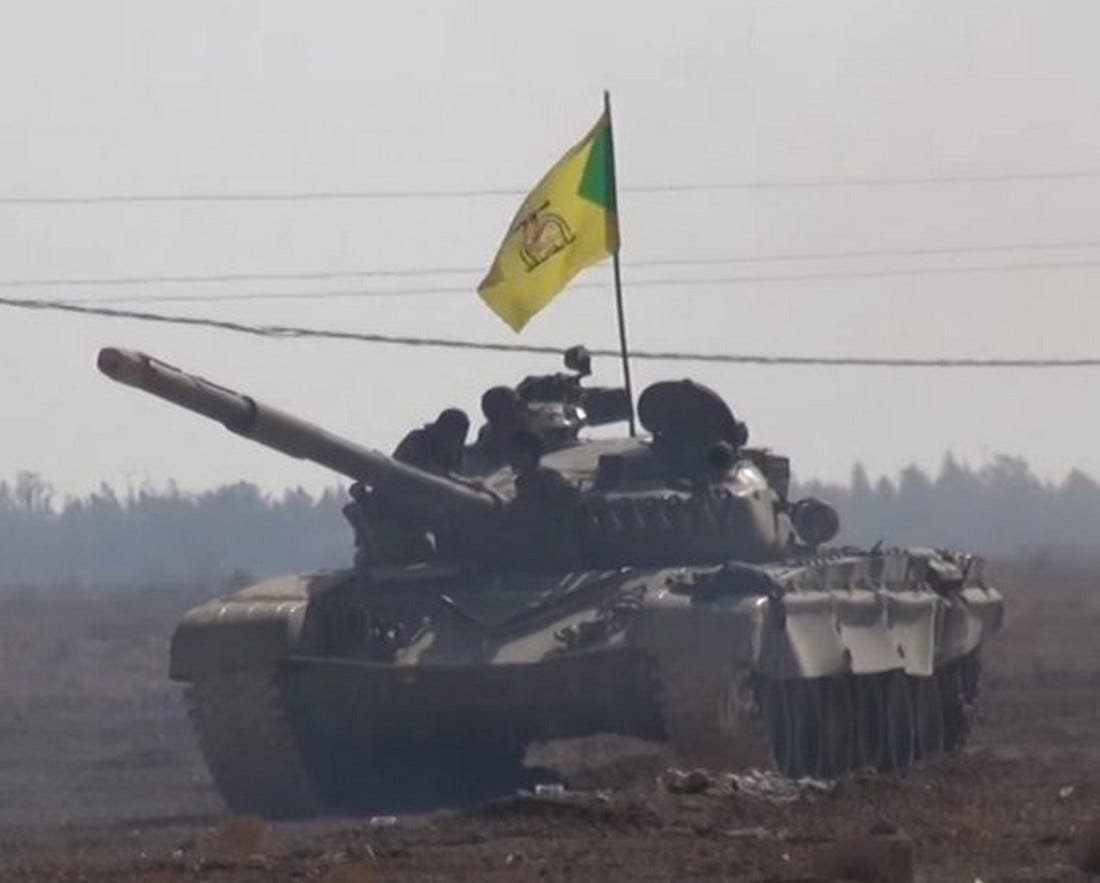By Ayushman Jamwal
02 Sep , 2016
Since the 1971 Bangladesh Liberation War, for many years India has maintained a pacifist stance with Pakistan. Several Indian Governments have repeatedly sought talks with Pakistan over numerous border disputes, trade ties and regional pacts, staying the course despite multiple insurgencies and attacks by Pakistan based terror groups. Indian armed forces have also maintained a state of ‘self-defence’, targeting infiltrators and terror cells but never launching pre-emptive strikes on Pakistani soil.
The Pakistan narrative from many Indian governments has been quite subdued, an effect of the ‘Cold Start’ military doctrine, which focuses on military buildup to spark economic instability in the rival nation, along with a focus on international and diplomatic levers to maintain pressure. India continues to adhere to this doctrine, yet under PM Modi’s guidance, there is an increased focus on optics with India waging a public relations battle on the diplomatic stage. The status quo remains the same between the two nations, but the Modi Government has taken a more aggressive political stance. Modi has suspended talks over Pakistan officials meeting Jammu and Kashmir separatists, set the agenda for bilateral engagements namely removing Kashmir from the joint-statement at the Ufa summit, repeatedly raised the threat of terror from Pakistan on the international stage and most recently, highlighted atrocities of the Pakistan army in Pakistan Occupied Kashmir and Balochistan via the forum of his Independence Day speech.
Enforcing ‘red lines’ comes in conjunction with a highly emotive and globally recognised image of Pakistan as under siege and even controlled by terrorists and fanatics. It is a perception bolstered by news and images of multiple terror attacks, thousands attending rallies organised by extremists and the killings of secular activists and media personalities. It is an image that popular culture has latched on to, showcasing it in movies, TV shows and video games, feeding on the ‘civil war’ in the nation to sustain the terror narrative in the West.









